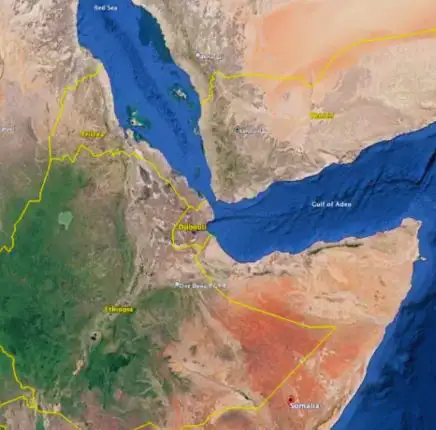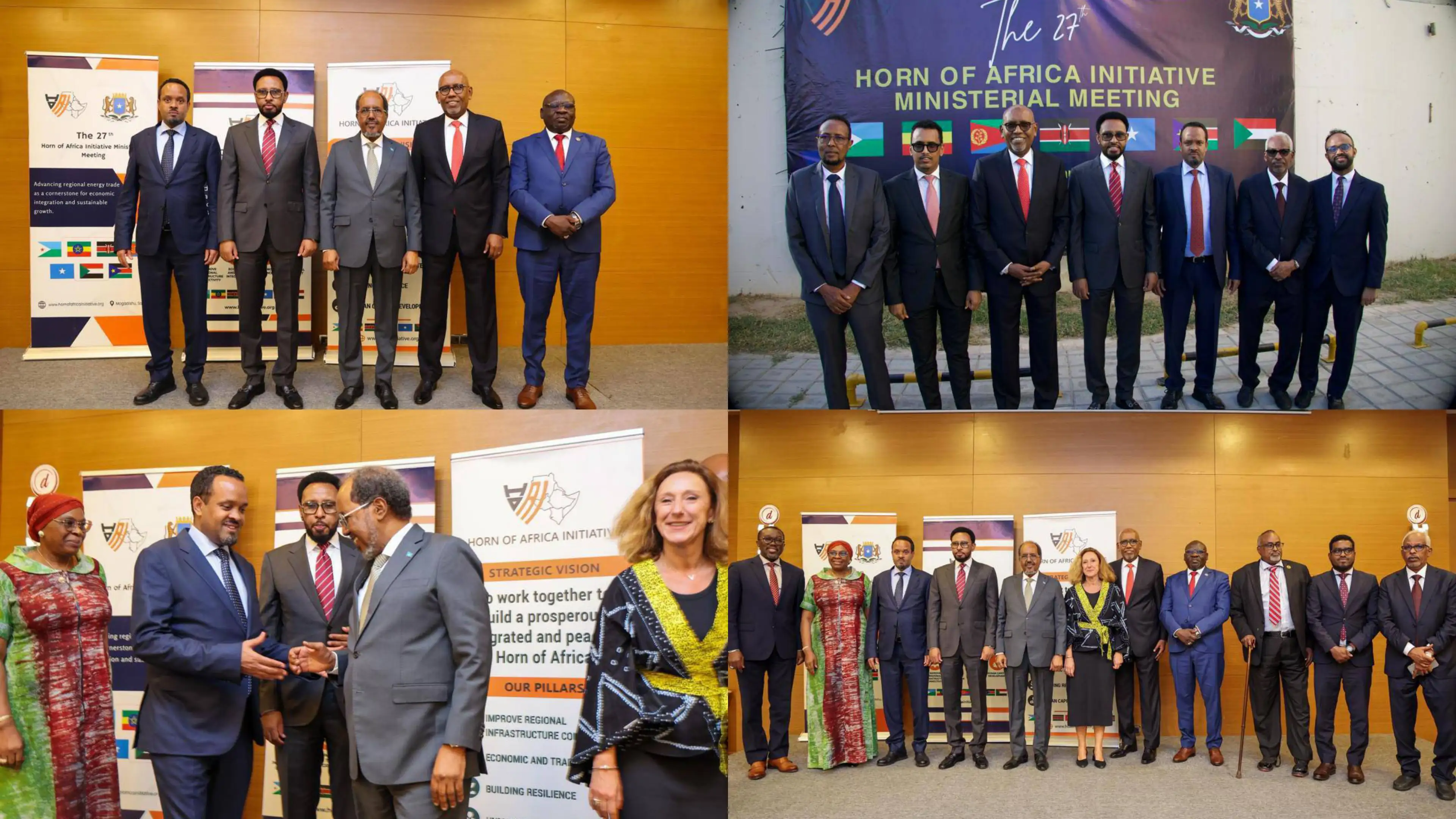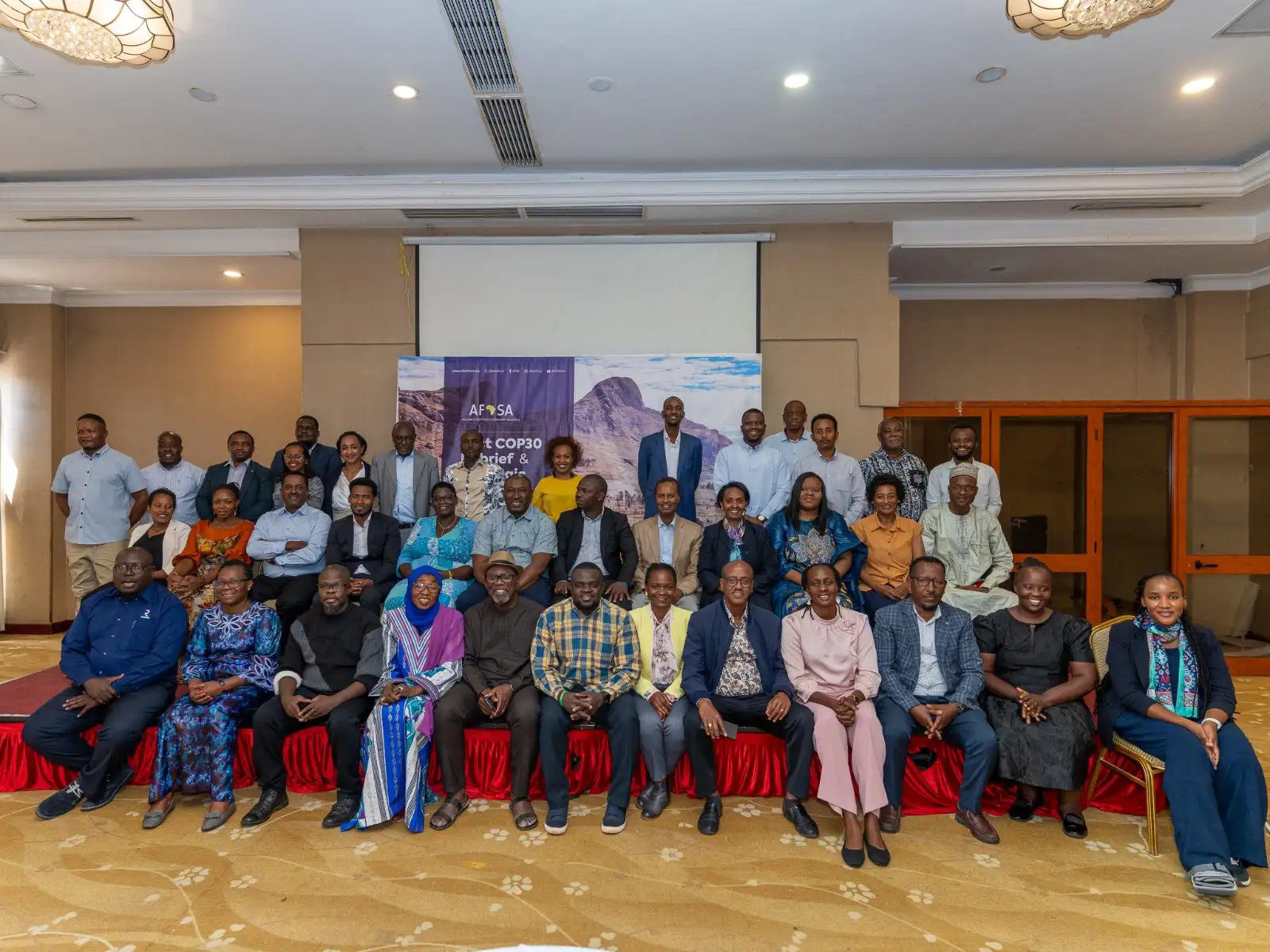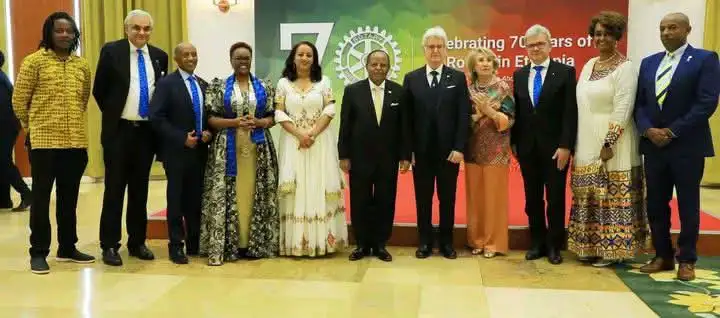Ethiopia, Africa's most populous landlocked nation, is intensifying its demand for a guaranteed role in the security and economic governance of the Red Sea, directly challenging regional frameworks it views as exclusionary.
In a sharply worded analysis published by the independent policy platform Horn Review, author Nurye Yassin, a Researcher on Horn-Gulf Relations, argues that enduring stability in the strategically vital waterway is impossible without Addis Ababa having a "seat at the table."
Criticism of the 'Littoral-Only' Approach
The policy critique is centered on the current regional architecture, which Ethiopia claims is dominated by a "littoral-centric" view promoted by Egypt and coordinated with Eritrea.
Yassin's analysis asserts that Egypt's "geostrategic design" uses the concept of coastal-only governance—as embodied by the Council of Arab and African States Bordering the Red Sea and Gulf of Aden—as a deliberate effort to "decouple Ethiopia from the broader Red Sea."
Ethiopia views this approach as a dangerous form of "closed regionalism" that neglects the vital security and economic interests of non-littoral riparian states, including South Sudan, and risks further destabilizing the region amid escalating geopolitical competition.
Ethiopia's 'Reawakened' Strategic Imperative
The article frames Ethiopia's push for sea access as a historical and national security imperative, arguing that the nation's security and prosperity cannot be guaranteed without a coast.
After three decades of being landlocked following Eritrea's secession, Ethiopia is now described as "geopolitically reawakened." The country warns that its exclusion from emerging security and political arrangements would be equivalent to its "erasure" from the region’s climate.
The analysis highlights that decades of alleged Egyptian maneuvers contributed to delinking Ethiopia from the sea, leading to perpetual underdevelopment and insecurity. Ethiopia maintains that its current demand for sovereign maritime access is a pragmatic, long-term policy based on "reason, fairness, openness and cooperation."
Vision for an Afro-Arabian Sea
Moving forward, Ethiopia is proposing a shift in regional governance from the "littoral phase" to a comprehensive "wider Red Sea basin" that is grounded in inclusivity.
Ethiopia's vision seeks to transform the Red Sea into a "shared Afro-Arab trans-regional space" managed through common multilateral arrangements. This means:
Inclusion: Incorporating all immediate shoreline states and riparian hinterland countries, including Ethiopia.
Cooperation: Strengthening ties with Gulf Arab states, such as Saudi Arabia and the UAE, to enhance economic and security cooperation.
Synergy: Exploring cooperation between IGAD (Intergovernmental Authority on Development) platforms and the Red Sea Council to build a collective "Red Sea community."
The analysis concludes that the calculus for Red Sea governance must transition from a model of "erasure" to one of inclusion to ensure sustainable peace and leverage the region's vast potential for greater Afro-Arabian cooperation.




